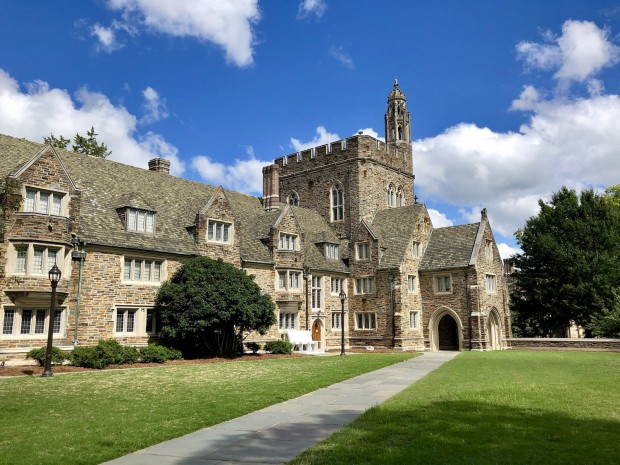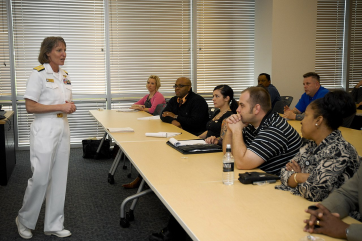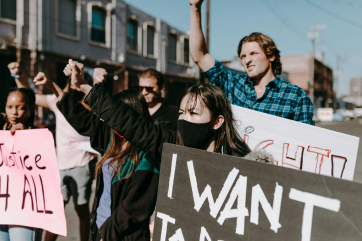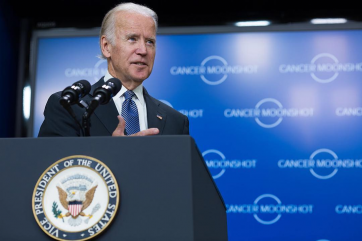Duke Panelists Debate Trust, Free Speech, and Neutrality in Higher Education
By Joy LiwanagDuke University recently hosted a panel where professors delved into critical issues facing higher education today.
The discussion, organized by Friends for Free Speech and Intellectual Diversity, touched upon topics such as trust in academia, free speech on campus, and the concept of institutional neutrality.

(Photo : WIKIMEDIA COMMONS / Warren LeMay)
Declining Trust in Higher Education
The panelists opened the discussion by addressing the decline in trust in higher education, citing a Gallup poll showing a significant decrease from 57% to 36% in Americans' trust in universities from 2015 to 2023. Timur Kuran highlighted the fear of cancellation among faculty, which has led to self-censorship and a reluctance to broach certain topics. This erosion of self-regulation, according to Kuran, has significantly impacted the open dialogue that once characterized universities.
Kuran also pointed to the increasing use of Diversity, Equity, and Inclusion (DEI) statements by universities, which he sees as limiting the diversity of ideas and values that can be openly discussed and challenged within academic settings.
David Schanzer attributed this decline in trust to the rise of populism, particularly on the political right, which views universities as part of the establishment and, therefore, as targets for criticism.
Nita Farahany shared her observations on changes in student feedback over time. She noted that students today are more cautious about expressing their views, indicating a chilling effect on free expression within academic environments.
READ MORE: Duke Halts Numeric Ratings For Essays And Test Scores In Admissions Process
Institutional Neutrality and Free Speech
The panelists engaged in a lively debate on whether universities, including Duke, should maintain institutional neutrality and refrain from taking political positions on current issues. Eric Mlyn argued for a nuanced approach, suggesting that universities should speak out against threats to liberal democracy, such as right-wing populism while maintaining a non-partisan stance. However, he emphasized that this approach should not prevent individuals from expressing dissenting views.
Farahany cautioned against universities taking positions that could alienate segments of the student population, highlighting the importance of institutional neutrality in preserving academic freedom and open discourse.
Kuran argued for a stricter interpretation, suggesting that taking positions on controversial issues could delegitimize universities and lead to external pressure to regulate speech and academic freedom.
Schanzer countered this argument, advocating for universities to take stances on issues where truth is under assault, such as climate change. He emphasized the role of universities in promoting evidence-based knowledge and combating misinformation.
Seeking Truth and Promoting Dialogue
Despite their differing views on institutional neutrality and free speech, the panelists agreed on the importance of universities in seeking truth and fostering open dialogue. They stressed the need for universities to uphold academic freedom and promote diverse viewpoints, even as they navigate the complexities of political polarization and ideological conflicts.
The discussion at Duke's panel reflects broader debates in higher education about the role of universities in society and their responsibility to engage with political and social issues. As universities continue to grapple with these challenges, the insights shared by the panelists provide valuable perspectives on how institutions can uphold their core values in an increasingly polarized world.
RELATED ARTICLE: Preliminary Settlements Reached: Antitrust Lawsuit Against Elite Universities Unfolds








